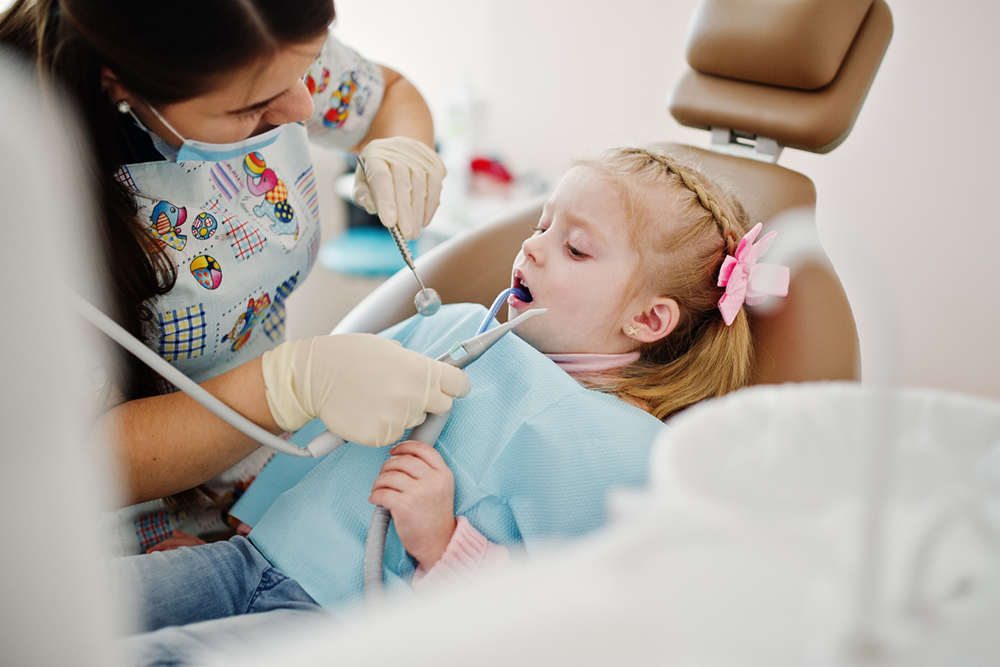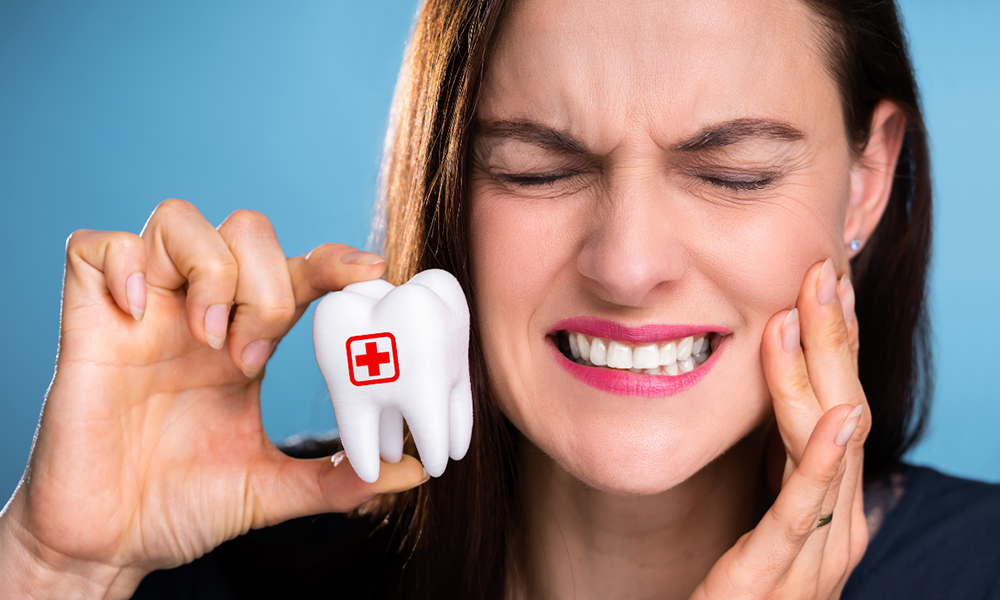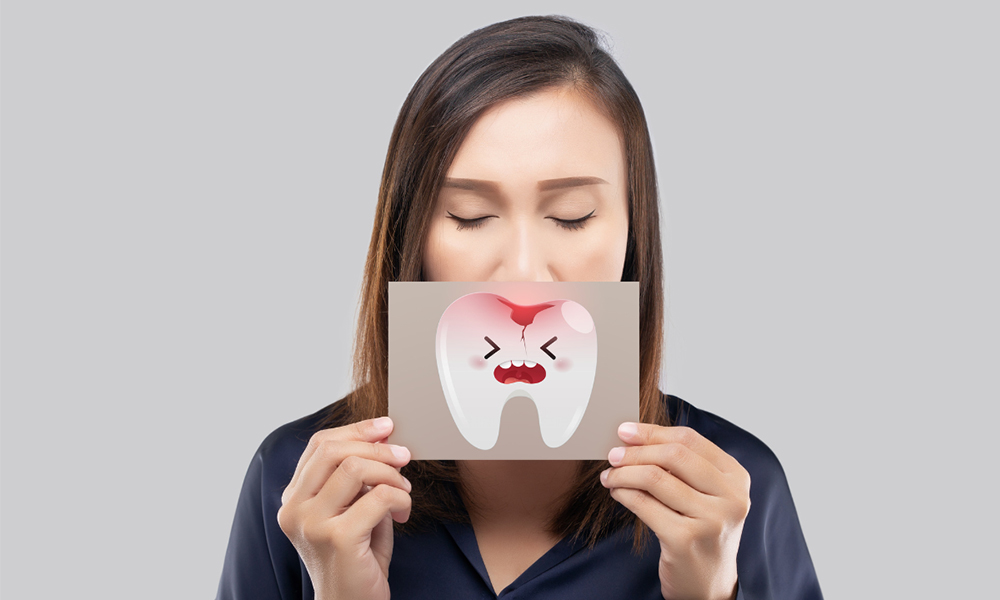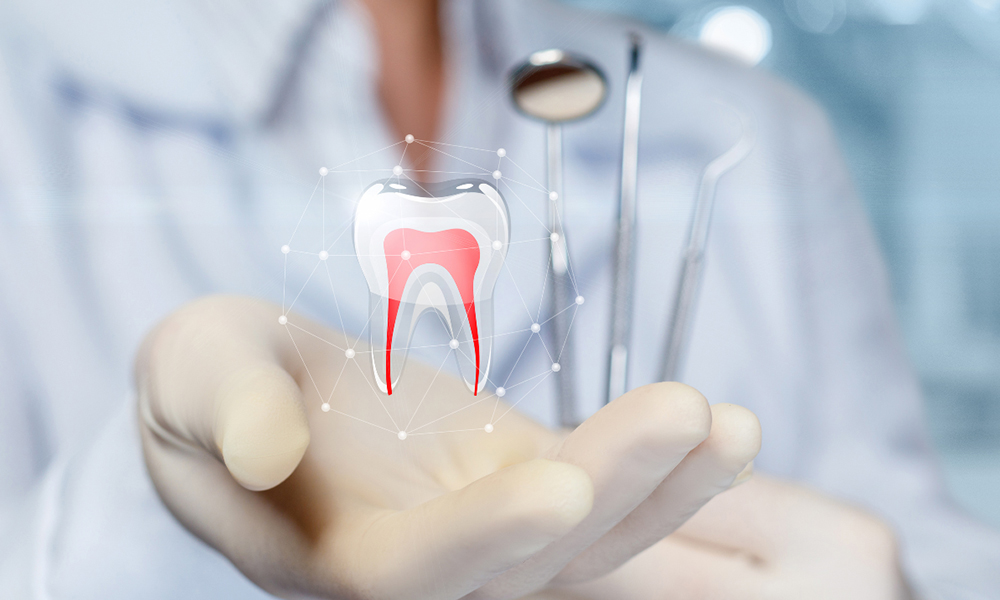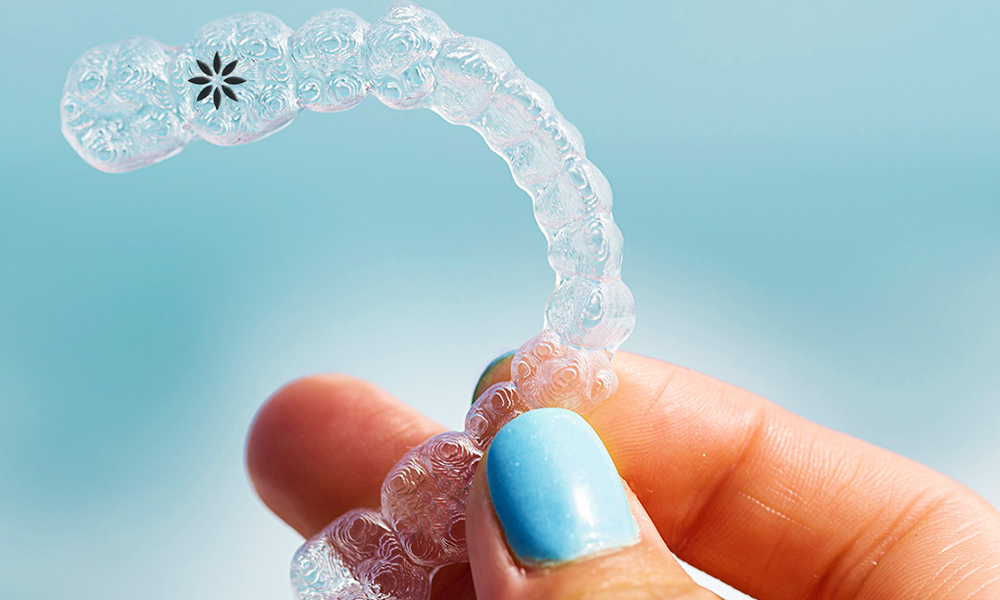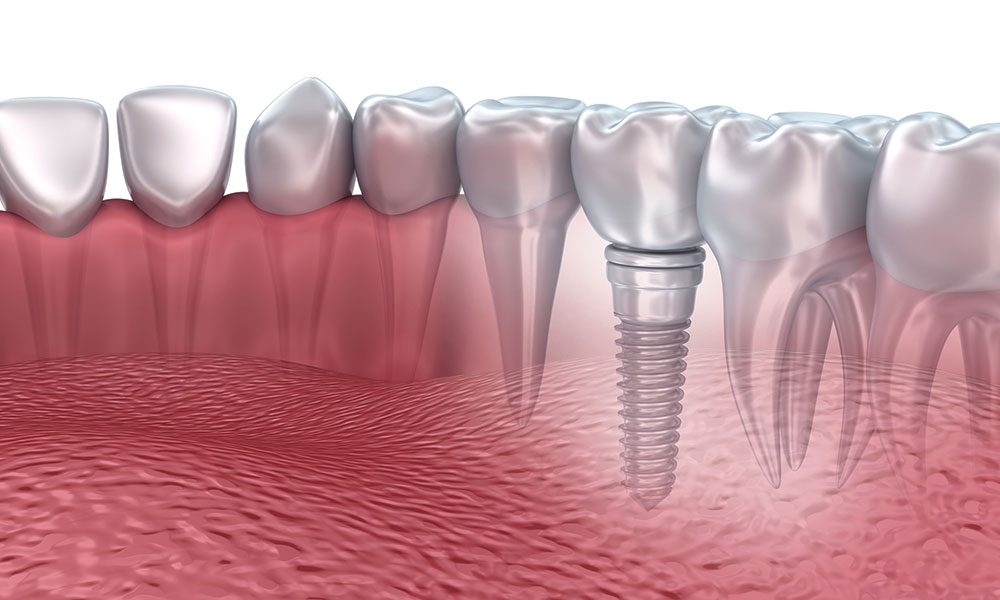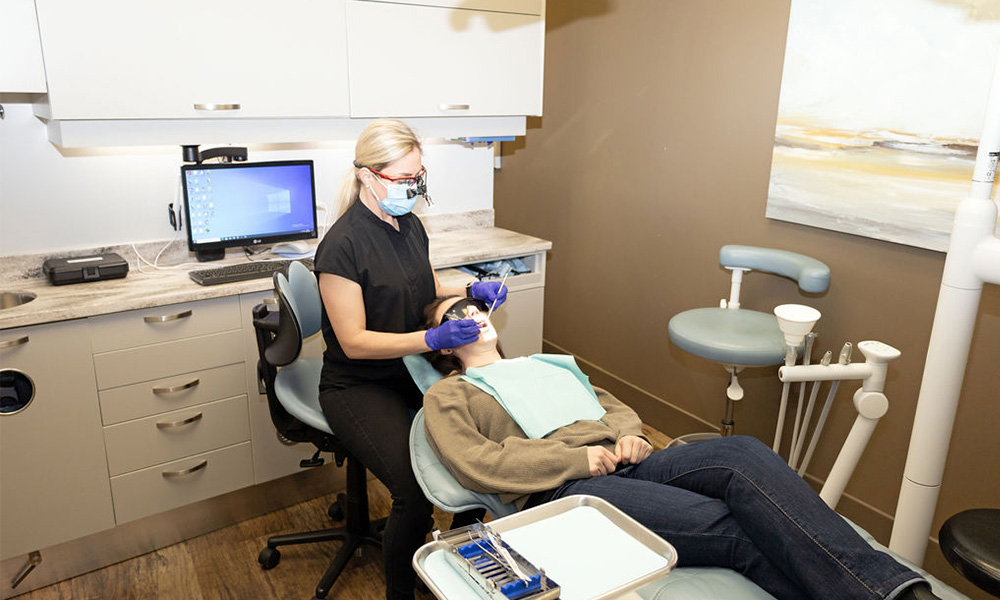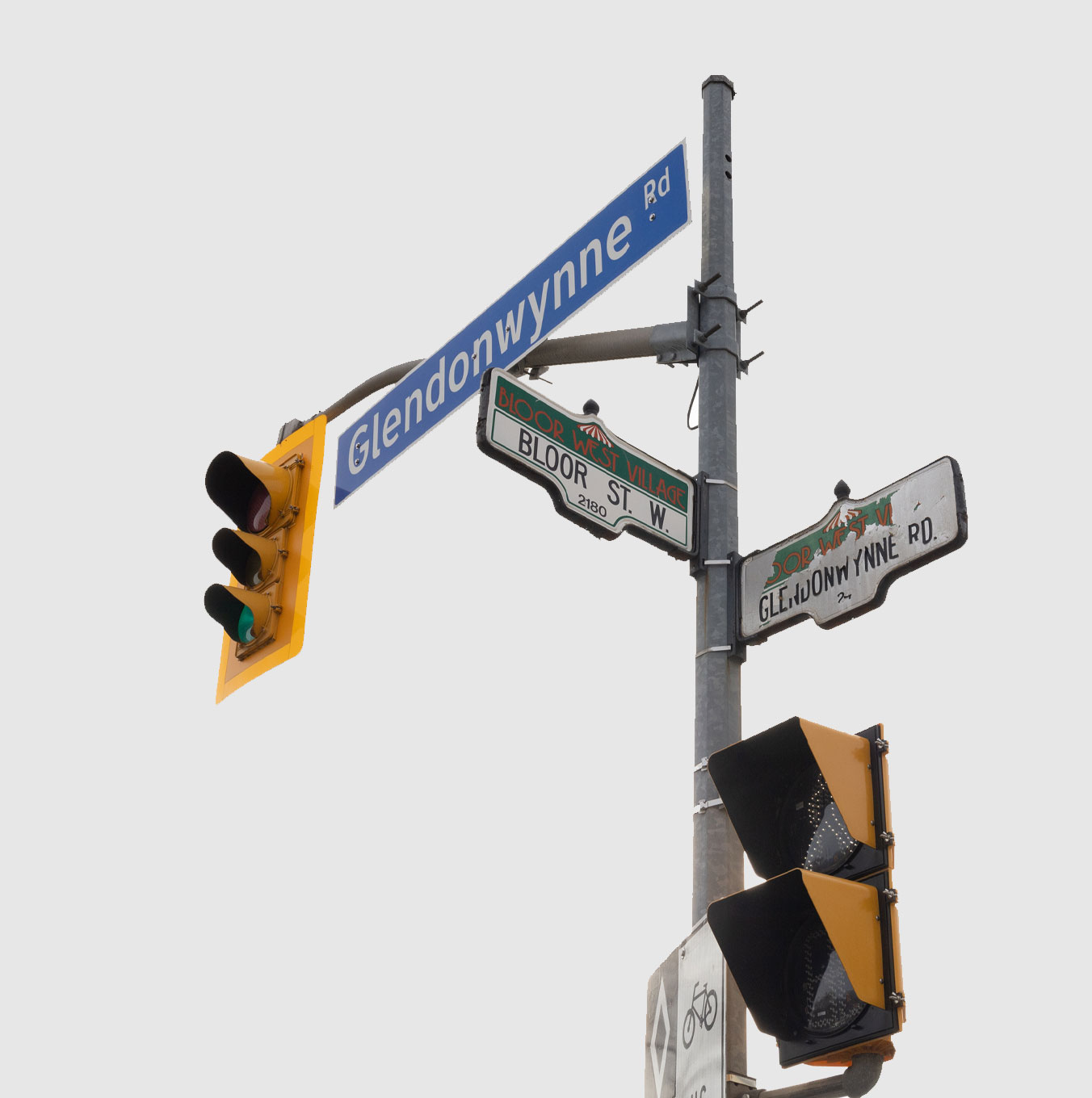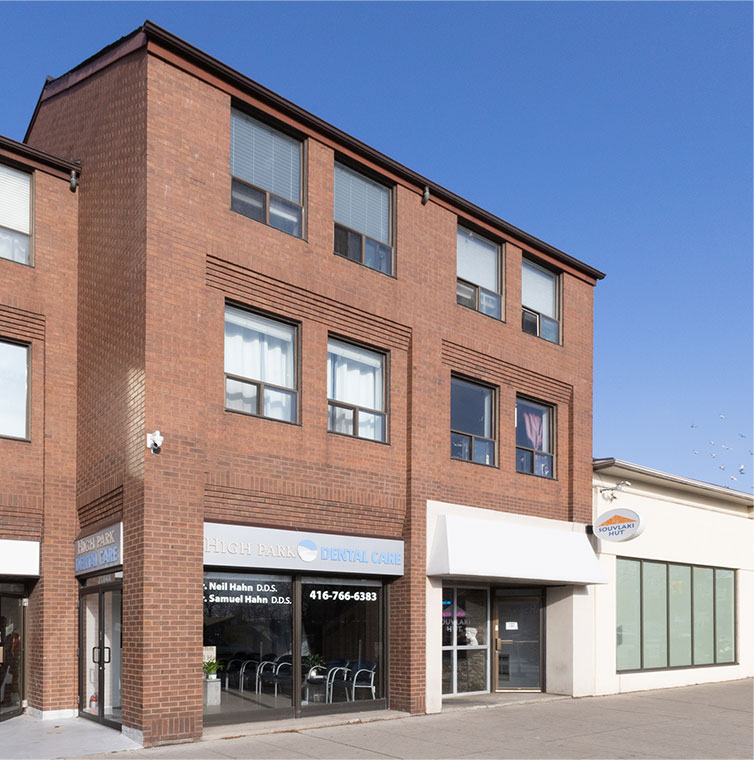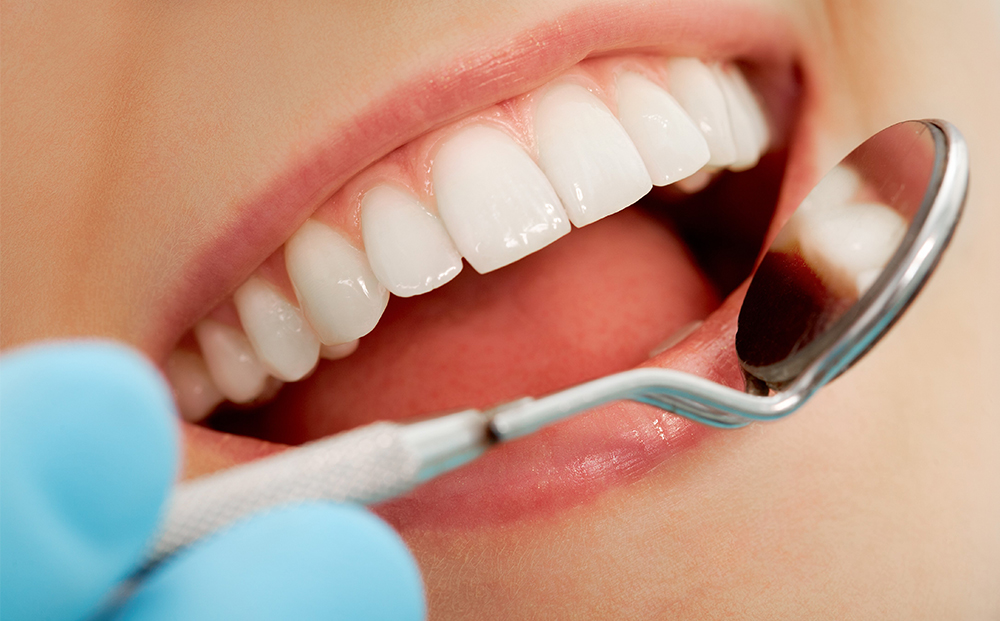
Understanding Gum Disease: Early Signs and Prevention
Gum disease might not be the first thing you think of when it comes to oral health, but it’s more common—and more serious—than you might realize. The good news? When caught early, gum disease is treatable and even reversible. Understanding the early signs can help you take action before it leads to more significant oral health issues.
What Is Gum Disease?
Gum disease, or periodontal disease, is an infection of the gums caused by the buildup of plaque—a sticky film of bacteria that forms on your teeth. If not removed through proper brushing, flossing, and professional cleanings, plaque hardens into tartar, which can irritate and inflame the gums.
There are two main stages of gum disease:
- Gingivitis: The early and reversible stage, marked by inflammation of the gums.
- Periodontitis: The more severe stage, where the infection spreads, causing damage to the gums, teeth, and even the jawbone.
Early Signs of Gum Disease You Shouldn’t Ignore
Spotting gum disease in its initial stages is crucial to prevent long-term damage. Here are some signs to watch for:
- Bleeding Gums: Do your gums bleed when you brush or floss? This is one of the earliest signs of gum disease. While occasional bleeding can happen if you’re brushing too hard, consistent bleeding is a red flag.
- Red or Swollen Gums: Healthy gums should be pink and firm. If your gums are red, swollen, or tender to the touch, it may indicate the presence of gingivitis.
- Persistent Bad Breath: Bad breath (halitosis) that doesn’t go away even after brushing and flossing could be caused by bacteria buildup beneath the gumline.
- Gum Recession: Have you noticed that your teeth appear longer or that your gums are pulling away from your teeth? Gum recession can be an early sign of gum disease and can lead to sensitivity over time.
- Sensitivity or Pain: Increased sensitivity to hot or cold foods and drinks or discomfort when chewing can signal that gum disease is affecting your teeth and gums.
Why Early Detection Matters
Ignoring the early signs of gum disease can lead to more severe complications, including:
- Gum recession
- Loose teeth or tooth loss
- Jawbone damage
- Increased risk of systemic health issues like heart disease and diabetes
The earlier you catch gum disease, the easier it is to treat. Regular dental check-ups play a key role in detecting and addressing these issues before they progress.
How to Prevent Gum Disease
The best way to prevent gum disease is to maintain good oral hygiene habits:
- Brush Twice a Day: Use a soft-bristled toothbrush and fluoride toothpaste.
- Floss Daily: Don’t skip this step—it removes plaque from areas your toothbrush can’t reach.
- Visit Your Dentist Regularly: Professional cleanings can remove tartar and help catch gum disease early.
- Eat a Healthy Diet: Limit sugary snacks and drinks that contribute to plaque buildup.
- Avoid Smoking: Smoking is a significant risk factor for gum disease.
Take Action to Protect Your Gums
Your gums are the foundation of a healthy smile, and taking care of them should be a top priority. If you’re noticing any of the early signs of gum disease—like bleeding, redness, or bad breath—don’t wait. The sooner you address these issues, the better your chances of reversing the damage.
At High Park Dental Care, we’re here to help you achieve and maintain excellent oral health. Contact us today to schedule a consultation, by calling us at (416) 766-6383, and take the first step toward healthier gums and a brighter smile!


